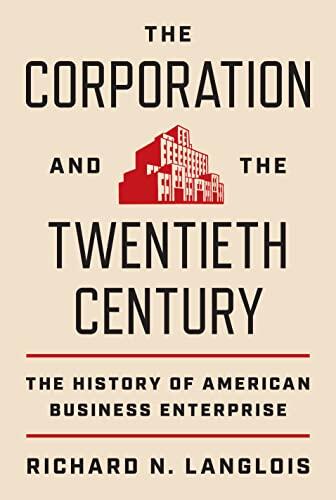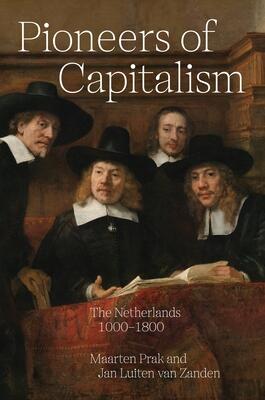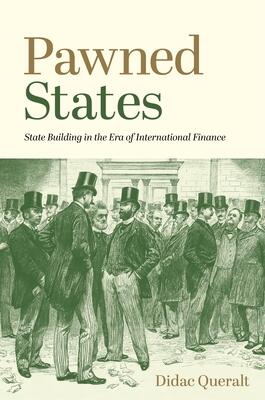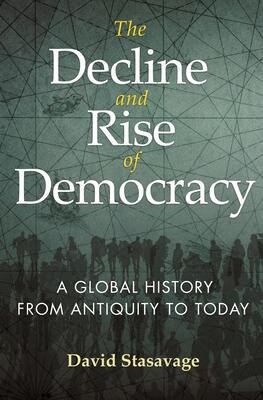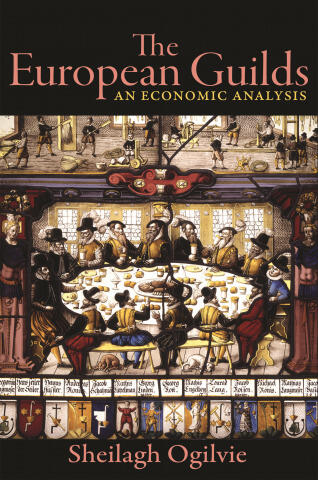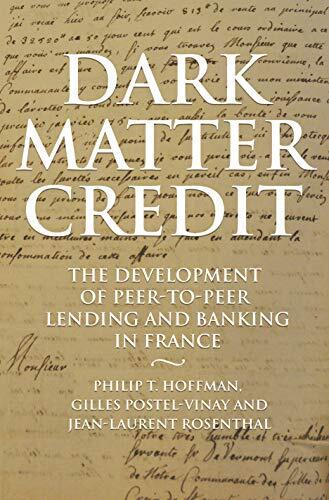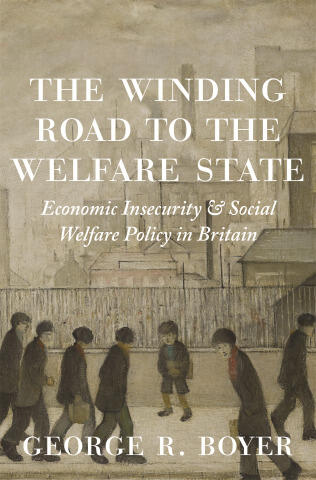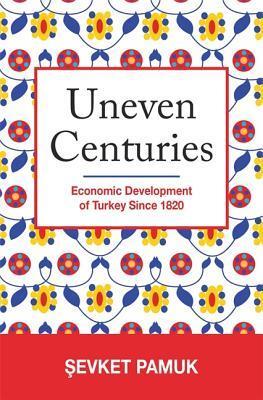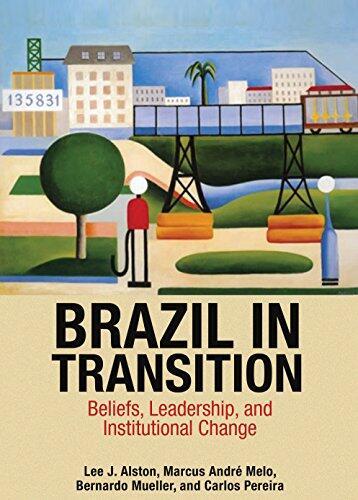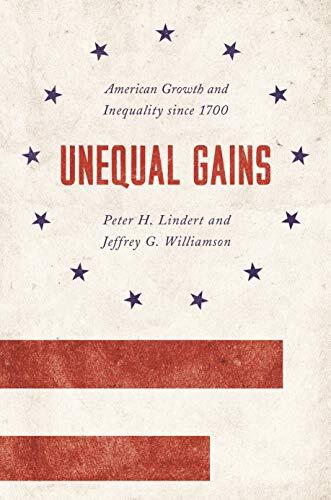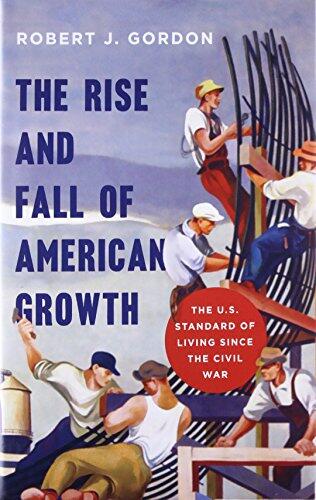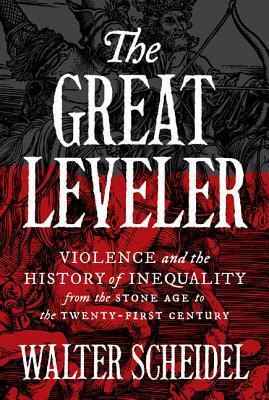
The Great Leveler: Violence and the History of Inequality from the Stone Age to the Twenty-First Century
还没有评分
History
格式
精装书
页数
528
语言
英语
已发布
Jan 9, 2017
出版商
Princeton University Press
ISBN-10
0691165025
ISBN-13
9780691165028
描述
Walter Scheidel explores the intriguing relationship between violence and socioeconomic inequality throughout human history. He argues that major upheavals, such as wars, plagues, and revolutions, have often served as the only true equalizers in societies. As civilizations have evolved from the Stone Age to modern times, these catastrophic events significantly shifted wealth distribution, challenging the notion that peaceful reforms alone can effectively mitigate inequality.
Delving into various historical epochs, Scheidel uncovers patterns revealing that the most profound reductions in inequality are consistently associated with large-scale violence. He navigates through examples ranging from ancient empires to contemporary societies, illustrating how such calamities disrupt established hierarchies and redistribute resources.
The narrative questions conventional wisdom around the tools for achieving equality, suggesting that transformative change often arises from destruction rather than constructive policies. With a comprehensive and thought-provoking approach, the work prompts readers to reconsider the dynamics of societal progress and the inherent costs of inequality.
Ultimately, Scheidel’s analysis paints a sobering picture of human history, revealing that while societies strive for fairness, it is often the grim specter of violence that redefines the socioeconomic landscape.
Delving into various historical epochs, Scheidel uncovers patterns revealing that the most profound reductions in inequality are consistently associated with large-scale violence. He navigates through examples ranging from ancient empires to contemporary societies, illustrating how such calamities disrupt established hierarchies and redistribute resources.
The narrative questions conventional wisdom around the tools for achieving equality, suggesting that transformative change often arises from destruction rather than constructive policies. With a comprehensive and thought-provoking approach, the work prompts readers to reconsider the dynamics of societal progress and the inherent costs of inequality.
Ultimately, Scheidel’s analysis paints a sobering picture of human history, revealing that while societies strive for fairness, it is often the grim specter of violence that redefines the socioeconomic landscape.

